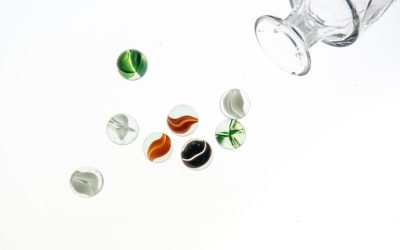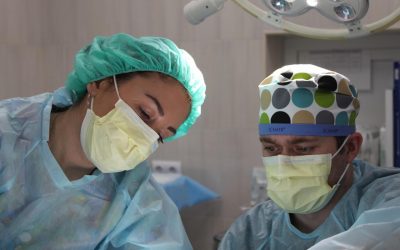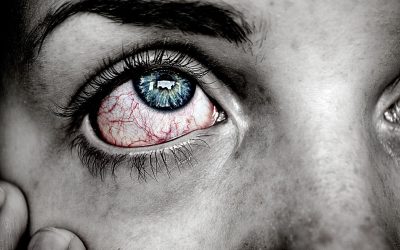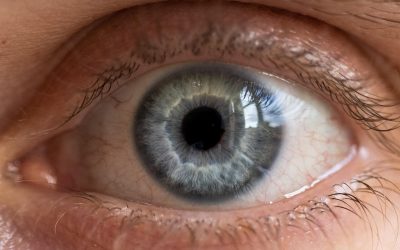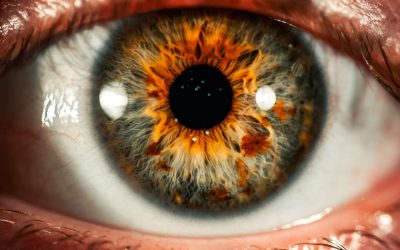OUR BLOG
2 Types of Inherited Corneal Dystrophies
The cornea can be affected by various inherited dystrophies which can lead to blurry vision, dry eyes, and other troubling symptoms. The symptoms that are experienced will vary depending on the corneal dystrophy present. Usually, the treatment for these types of...
Is Radial Keratotomy (RK) Still Performed?
Radial keratotomy (RK) is an older surgery that was used to correct nearsightedness before LASIK and PRK were available. Radial keratotomy involved multiple large incisions into the cornea to change the curve of the cornea. Today, RK is not often performed but many...
What Happens If I Don’t Take my Glaucoma Eye Drops?
If you have been diagnosed with glaucoma, it is likely that you were prescribed eye drops to lower the pressure inside your eyes. Since glaucoma is a chronic condition, there is no cure for it and treatment is needed for the entire lifetime. Many people struggle to...
Is a Clear Lens Exchange Right For You?
A growing trend in eyecare is the rise of a procedure known as a clear lens exchange. This procedure is done to correct the vision without the need for glasses or contacts. A clear lens exchange involves taking the natural lens out of the eye and replacing it with an...
Can Refractive Surgery Replace Wearing Glasses?
Many people who require glasses to see clearly would prefer an option other than contact lenses which allow for clear vision without wearing glasses. In these cases, a refractive surgery can be used to eliminate or reduce the need for wearing glasses and provide clear...
What Causes Whorl Keratopathy?
Whorl keratopathy, also known as corneal verticillate, is a rare condition which causes deposits to build up in the cornea. The most common cause of whorl keratopathy is as a side effect of medications. Deposition in the Cornea The cornea is the clear front...
What is Bacterial Conjunctivitis (Pink Eye) and How is it Treated?
Bacterial conjunctivitis is an infection of the surface membrane of the eye called the conjunctiva. The conjunctiva covers all of the front of the eye and has many blood vessels within it. If it becomes infected, there will be redness, puss, and discomfort. ...
What is the Difference Between a Pinguecula and Pterygium?
Both a pinguecula and a pterygium are bumps or elevations on the white of the eye. Neither of these conditions are cancerous but both can affect vision or eye comfort. What are the Sclera and Conjunctiva? The white part of the eye is called the sclera. This...
What is Toxoplasmosis and How Does it Affect Your Eyes?
Toxoplasmosis is a condition caused by a parasite that is transmitted by household pets, commonly cats. This condition can result in major effects in the eyes and impact vision. Toxoplasma Gondii The parasite responsible for toxoplasmosis is called toxoplasma...
What is a Retinal Vein Occlusion and How is it Treated?
A retinal vein occlusion is a condition that occurs when a blood vessel in the back of the eye gets blocked and causes damage to the retina which it supplies with blood. A vein occlusion is a serious eye condition that can cause permanent vision loss or visual field...
What is the Recovery Period from Cataract Surgery?
Cataract surgery is the most commonly performed surgery each day globally. While the procedure is extremely safe and has very few serious risks, the recovery from the procedure may take several weeks. Before the Surgery Before the cataract surgery, there will...
What is Stevens Johnson Syndrome?
Stevens Johnson Syndrome is a condition that affects the mucous membranes of the entire body – including the surface of the eyes. About Stevens Johnson Syndrome Also known as erythema multiforme, Stevens Johnson Syndrome is a rare condition that is an adverse...

